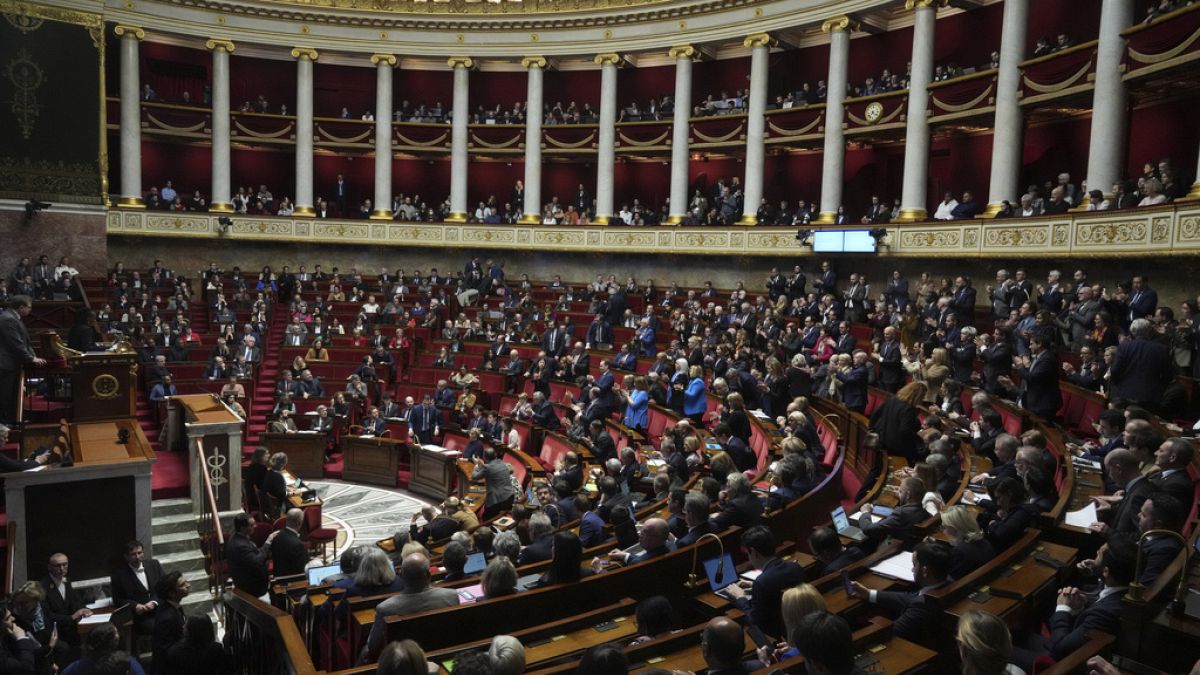Nigeria’s informal sector, a major source of economic growth, competitiveness and productivity, is neither taxed nor regulated by the government.
Data reveals the economic activity within this sector provides 50% of the nation’s gross domestic product (GDP). Most of the jobs tend to teach technical and entrepreneurial skills, which help develop managerial competences in private and public divisions.
In 2018, the International Monetary Fund (IMF) estimated that Nigeria has 56,329 corporations actively paying company income tax. It reported that 14,823 businesses are actively paying their business taxes.
There are 77,082 value-added tax (VAT) filing businesses out of 3,098,193 registered companies. However, the IMF found that only 16.7% of the working population pay taxes on earned income.
Many of these individuals are employed by large corporations registered in Nigeria. The report also discovered 80% of the country’s workforce engage in the informal sector which means they are not paying taxes.
For Nigeria to increase its tax revenue, it must close the gap between the tax-paying corporations, businesses and registered companies. It must also bridge the gap between tax-paying workforce and those employed in the informal sector.
It is safe to say the latter also contributes to corrupt economic activities. The existence of bureaucratic inconsistencies, systematic flaws and corruption at every stage of the economy activities necessitate high surveillance.
The country should design a policy that mitigates undeclared market activities that may lead to money laundering, black market transactions and other financial crimes.
A flexible strategy that will help normalise the enrolment of people on databases is by digitalising the economy. Digitalisation can take place by encouraging e-marketing, e-invoicing, e-payment or any other form of digitalised transaction.
The Mexican government effected a strategy of similar magnitude in the last decade and was able to greatly curtail a significant percentage of shadow economic activities, increasing the base of its revenue from taxation.
Malaysia has also been practising the digital economy as a basic method of tackling corruption. The automated processes of daily activities enable the government to capture the appropriate blueprints needed to secure the economy against corruption.
In a report published by StarBiz, Ernst & Young Asian tax leader and managing partner, Amarjeet Singh, said digitising the tax system is the most important area to focus on.
“Automation, data sharing among tax authorities, regulators, taxpayers, financial institutions, and the use of big data and artificial intelligence will go a long way to improving compliance and reducing corruption or loss of tax revenue via the shadow economy, while allowing tax administrators to collaborate on an international level”, he noted.
The Nigerian government should include those not within the current taxation range into the database by getting them to acquire a Tax Identification Number (TIN), National Identification Number (NIN), Bank Verification Number (BVN) and Voter’s Card Number (VCN).
These identification methods will allow for a competitive edge towards tackling corruption and every other activity bearing the informal economy’s scents.
Research has shown that those paying taxes at the local and federal levels are raising questions on the lack of clarity and transparency on the country’s taxation policy.
According to the International Centre for Tax and Development (ICTD), 48% of Nigerians complained that getting information about taxes and how to pay is difficult; 65% of government revenue comes from the oil and gas sector, and the ‘tax morale’ (people’s attitudes towards paying taxes) of citizens is extremely low.
New data shows more than a fifth of Nigerians think it is ‘not wrong at all’ to not pay taxes on income, while over half thought it was ‘wrong but understandable’. Such phenomenon occurs too in other African bureaucratic establishments.
“In Sierra Leone, 59% of respondents at the ward level had difficulty finding out how government spent public funds. This rose to 63% at the local and 76% at the central government level”, ICTD reported.
These findings suggests that for the Nigerian government to achieve its goal in widening tax net, it must revolutionise fiscal and monetary transparency and accountability. More strategies should be explored to facilitate the process of enhancing the tax net.
The importance of this towards tackling corruption cannot be overemphasised. Countries are recording successes of clear-cut revenue generation schemes. It is achievable in Africa’s biggest nation if the authorities take a cue and ensure strong dedication.
Ola Olatomiwa writes from the Center for Fiscal Transparency & Integrity Watch
Email: mail@fiscaltransparency.org





















Discussion about this post